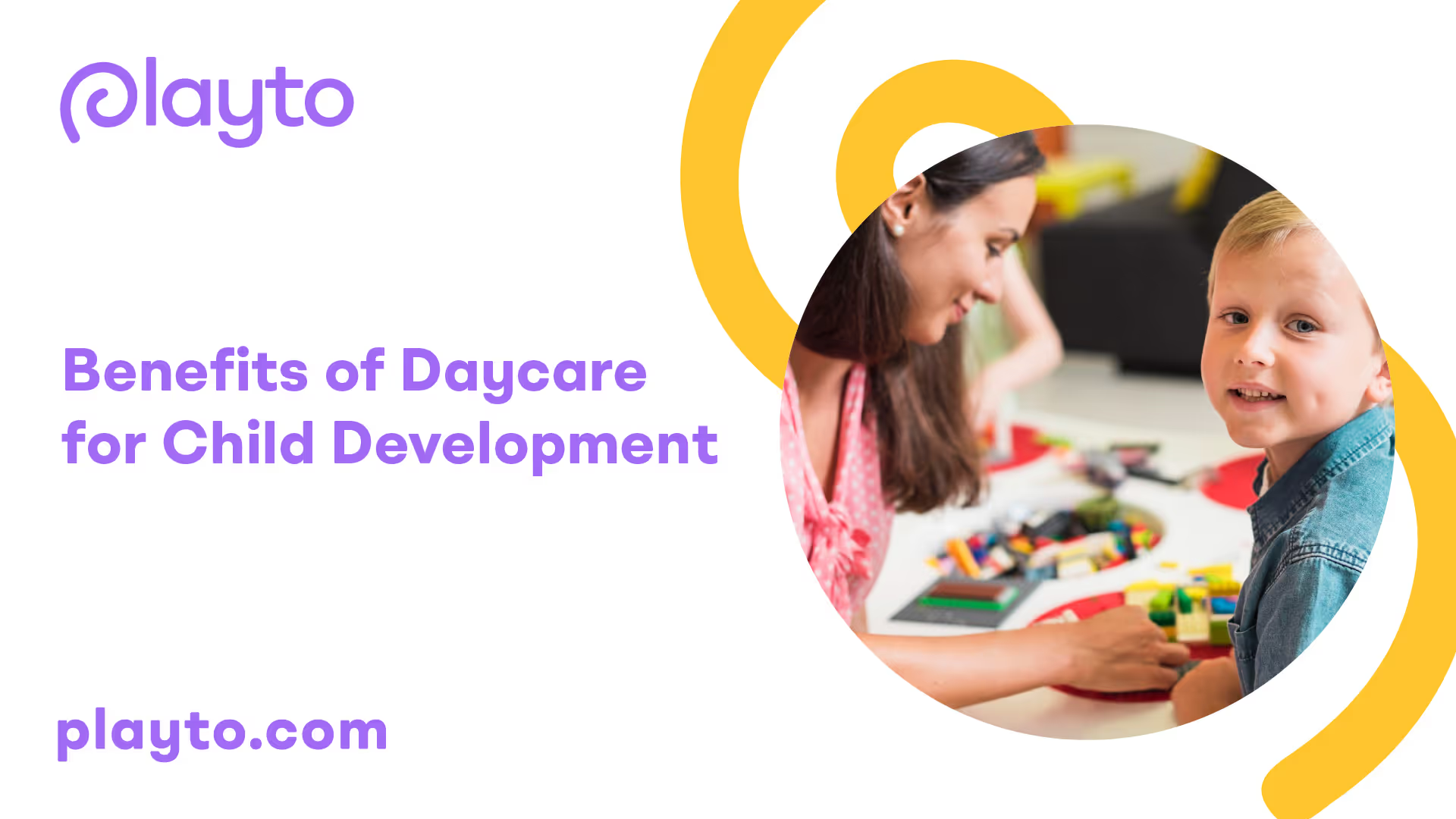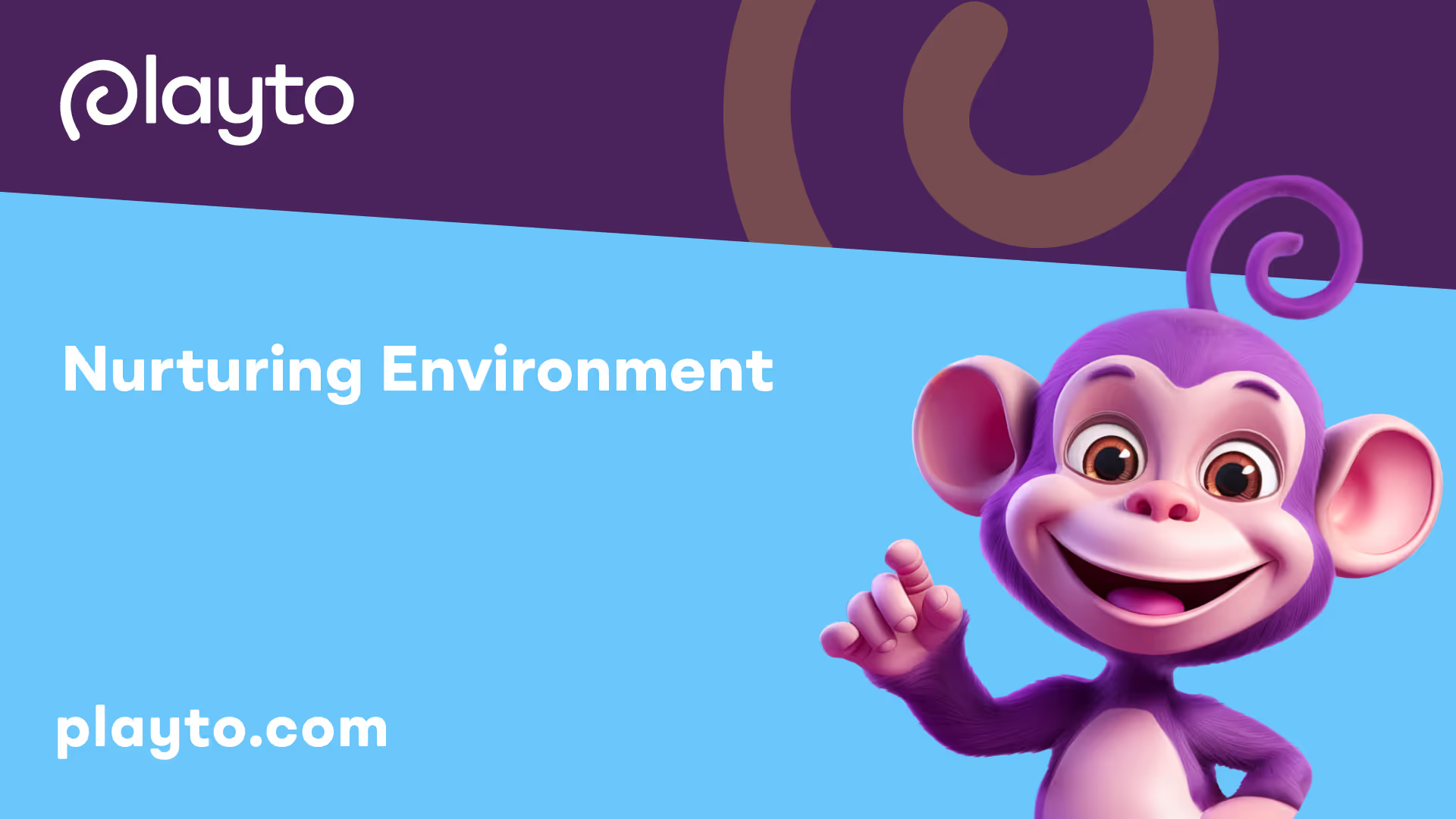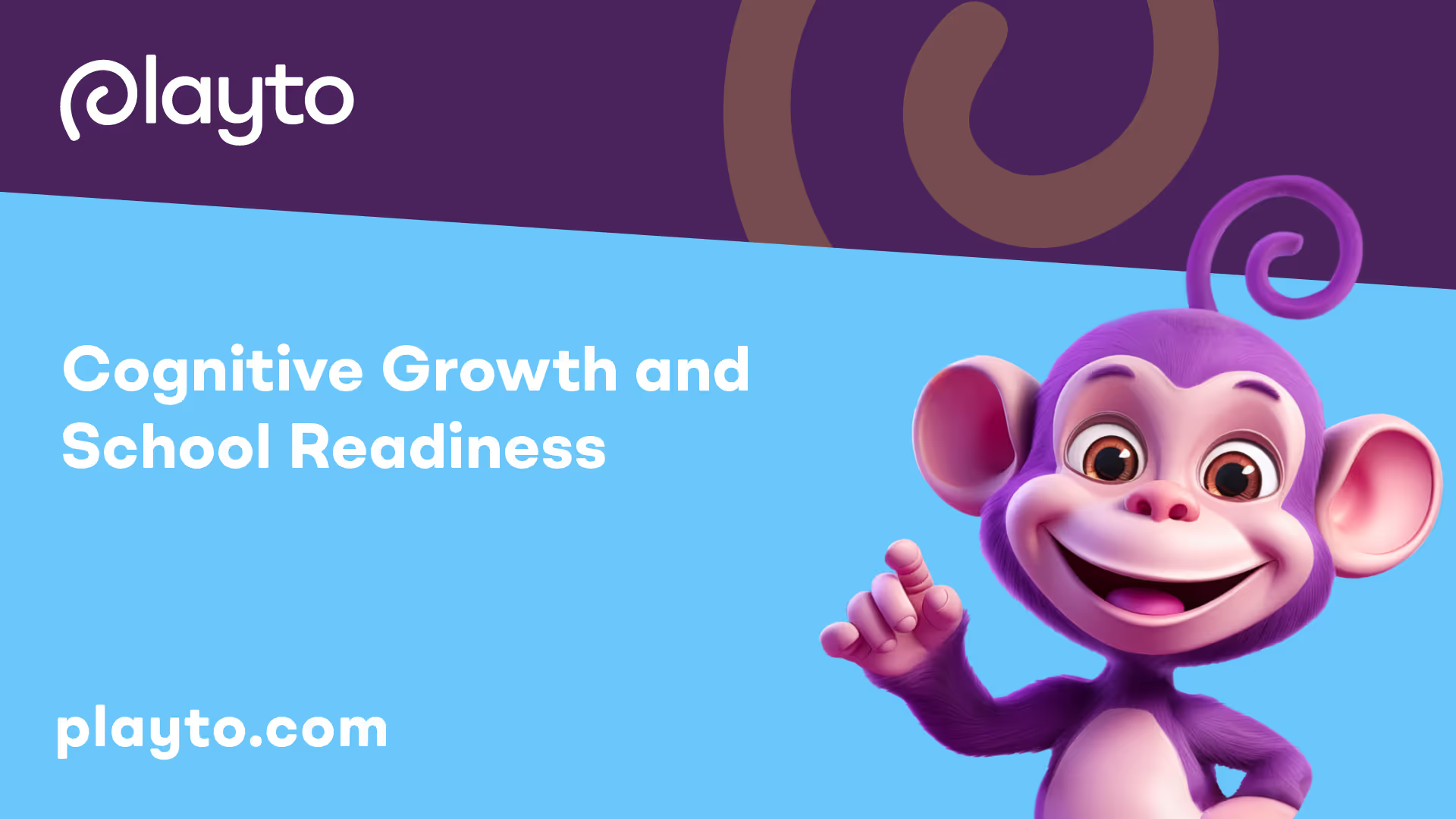Benefits of Daycare for Child Development
Childcare centers provide numerous benefits for the development of children. Two key aspects that contribute to their growth are structured daily routines and family involvement and identity.

Structured Daily Routines
A well-planned daily routine in a daycare center has numerous benefits for children's development. It creates a sense of structure and predictability, promoting self-regulation and enhancing language development. Routines provide opportunities for social interaction and cooperation, allowing children to learn essential life skills such as time management, organization, and self-discipline. They also foster a sense of security and control over the environment, making children feel safe and looked after, especially during stressful times or difficult stages of development.
By following a consistent routine, children learn what to expect at different times of the day and experience a sense of control and satisfaction when they complete tasks. This structure helps children emotionally prepare for the next activity and understand expectations, which can limit poor behavior and outbursts often triggered by hunger, tiredness, or overstimulation.
Family Involvement and Identity
Family routines and rituals play a vital role in shaping a child's overall development. They impact various aspects of a child's life, including socioemotional, language, academic, and social skill development. Incorporating family routines and rituals into the daily routine at daycare centers can promote a strong sense of belonging and identity for each child. By partnering with families and understanding their values, goals, and priorities, childcare centers create a cohesive and collaborative environment that supports the child's overall development and strengthens the family-child relationships.
When daycare centers incorporate family routines and rituals into the daily routine, children feel a sense of familiarity and connection to their family even when they are away from home. This inclusion helps children develop a positive self-identity and a sense of belonging within their daycare community. It also strengthens their understanding of cultural and family traditions, fostering a respect for diversity and an appreciation for different backgrounds.
By providing structured daily routines and involving families in the daily activities, daycare centers create a nurturing environment that supports children's development in various domains. These benefits extend beyond the immediate childcare experience, laying the foundation for future academic success and prosocial behavior. To explore more about the long-term impacts of daycare on child development, continue reading the next section on cognitive growth and school readiness.
Nurturing Environment
Creating a nurturing environment is an essential aspect of daycare centers that contributes to the overall development of children. By following the natural rhythms of each child and providing a consistent and structured environment, daycare centers can ensure a nurturing and enriching experience that supports their holistic development.

Natural Rhythms and Consistency
Incorporating the natural rhythms of children into the daily routine at daycare centers is crucial for providing high-quality care and education. Recognizing and respecting each child's individual needs and preferences allows for a nurturing environment that supports their unique development.
By adhering to consistent schedules and routines, daycare centers create a sense of security and predictability for children. This consistency helps children feel safe and confident, enabling them to explore and learn in a supportive environment. It also helps develop essential life skills, such as time management and self-regulation.
Partnering with Families
Daycare centers understand the importance of involving families in their child's care and development journey. By partnering with families, daycare centers create a cohesive and collaborative environment that supports the child's overall development and strengthens family-child relationships.
By understanding the values, goals, and priorities of families, daycare centers can incorporate family routines and rituals into the daily routine, enhancing the child's sense of belonging and continuity between home and daycare. This partnership also allows for open communication and sharing of information, enabling parents to actively contribute to their child's development and well-being.
When families and daycare centers work together, children receive consistent messages and support from both environments. This collaboration helps create a nurturing environment that aligns with the child's needs and fosters their social, emotional, and cognitive growth.
By providing a nurturing environment that respects natural rhythms, promotes consistency, and involves families, daycare centers play a vital role in supporting the overall development of children. In the following sections, we will explore the cognitive and social-emotional benefits of daycare, further highlighting the positive impact it has on child development.
Cognitive Growth and School Readiness
Quality daycare programs play a significant role in promoting cognitive growth and preparing children for kindergarten. These programs provide a structured day with activities designed to engage the senses and stimulate cognitive development. By participating in daycare, children develop the necessary skills and knowledge to excel academically and develop a lifelong love of learning.
Preparing for Kindergarten
Enrollment in a high-quality daycare center has been shown to positively impact school readiness. According to research by Cadence Education, daycare programs provide a foundation for children to develop important cognitive skills, such as problem-solving, critical thinking, and language development. Through age-appropriate activities and interactions with peers and caregivers, children gain the necessary skills to succeed in a formal educational setting.
Daycare programs often incorporate educational components into their curriculum, focusing on early literacy and numeracy skills. This early exposure to letters, numbers, and basic concepts helps children build a strong foundation for future academic success. By the time they enter kindergarten, children who have attended quality daycare programs are better equipped to handle the academic expectations and challenges of a classroom setting.
Lifelong Love of Learning
Beyond preparing children for kindergarten, daycare programs foster a lifelong love of learning. By providing a stimulating and nurturing environment, daycare centers create a positive association with education. Children engage in age-appropriate activities that spark their curiosity and encourage exploration and discovery.
Daycare programs offer a variety of educational materials and opportunities for hands-on learning. From sensory play to arts and crafts, children are exposed to a range of experiences that help them develop a thirst for knowledge. The positive interactions with caregivers and peers also contribute to children's enthusiasm for learning, as they witness the joy of discovery and the satisfaction of acquiring new skills.
By nurturing a love of learning from an early age, daycare programs set the stage for future academic achievements. Children who develop a strong foundation in cognitive skills and have a positive attitude towards learning are more likely to excel academically throughout their educational journey.
Investing in quality daycare programs not only benefits children's cognitive growth and school readiness but also fosters a lifelong passion for learning. By providing a structured and stimulating environment, daycare centers set children on a path towards academic success and instill in them a love for acquiring knowledge that will serve them well throughout their lives.
For more information on daycare centers and how to choose the right one for your child, visit our articles on what is a daycare center? and how to choose the right daycare for your child.
Social and Emotional Development
Social and emotional development is a critical aspect of a child's growth, and daycare can play a significant role in fostering these skills. Through interaction with peers and caregivers, children develop important communication skills, independence, and confidence.

Communication Skills
Socialization in early childhood helps children learn language skills, cope with emotions, and work within social norms, shaping their development from birth into adulthood. Daycare centers provide an environment that promotes communication and language development, as children engage in conversations, storytelling, and express their thoughts and emotions. Interacting with peers and caregivers allows children to expand their vocabulary, improve articulation, and develop crucial listening skills.
In a daycare setting, children learn to identify their thoughts and emotions, recognize the feelings of others, manage stress, resolve conflict, and fit in by communicating with others in their surroundings as they grow [3]. These communication skills not only facilitate social interactions but also lay the foundation for future academic success.
Independence and Confidence
Socialization within the family provides the structure for a child's early experiences, helping them observe and learn how to handle various situations and emotions by watching family members. Daycare centers build upon this foundation by encouraging children to become more independent and confident.
Within the daycare setting, children are encouraged to engage in age-appropriate activities, make choices, and solve problems independently. Through these experiences, children develop a sense of autonomy and confidence in their abilities. As they navigate social interactions, take on responsibilities, and accomplish tasks, children gain a sense of achievement, which further boosts their self-esteem and self-confidence.
By providing a nurturing environment that promotes social and emotional development, daycare centers help children develop important life skills. These skills enable them to effectively communicate their thoughts and emotions, build relationships, and navigate various social situations. As children cultivate independence and confidence, they become better prepared for future educational endeavors and the challenges they may encounter along the way.
Long-Term Impact
When considering the benefits of daycare for child development, it's important to recognize the potential long-term impact it can have on children. Two key areas affected by quality daycare experiences are academic success and prosocial behavior.
Academic Success
Studies have shown that enrollment in a high-quality daycare center can have a significant and long-lasting impact on children's academic success. Children who attend early childhood education programs are more likely to graduate from high school and attend college, highlighting the importance of quality daycare in achieving positive educational outcomes. It is observed that attending preschool can lead to improvements in behavior, which in turn positively impacts educational attainment.
For instance, a study conducted in Boston revealed that participation in the city's preschool program resulted in long-term improvements in academic outcomes. This included higher high school graduation rates, increased SAT participation, higher college enrollment rates, and reduced school suspensions and juvenile incarceration.
Prosocial Behavior
Enrollment in a high-quality daycare center also plays a role in fostering prosocial behavior in children. Consistent socialization and play during early childhood have been associated with higher levels of empathy, resilience, and prosocial behavior later in life. The social interactions and group activities in daycare settings provide children with opportunities to develop and practice important social skills, such as cooperation, sharing, and conflict resolution [4].
Research has shown that quality daycare experiences, especially those catering to children from low-income families, contribute to the development of social, emotional, and academic skills necessary for success in school and life. This is particularly significant as it highlights the potential benefits of universal preschool, ensuring that all students have access to high-quality early childhood education [5].
By providing children with a nurturing and stimulating environment, daycare centers play a vital role in promoting academic success and prosocial behavior. These long-term impacts demonstrate the value of quality daycare in supporting children's development and setting them on a path towards a successful future.
To learn more about daycare centers and their benefits, be sure to check out our related articles on what is a daycare center?, how to choose the right daycare for your child, types of daycare: center-based vs. home-based, and understanding daycare licensing and regulations.
Policy and Investment
Recognizing the significant impact of high-quality early childhood education (ECE), policymakers and advocates have pushed for increased investment in preschool and child care programs. This section explores the economic and social advantages of such investments and highlights the benefits of universal preschool programs.
Economic and Social Advantages
Investing in high-quality ECE, including preschool and child care, offers numerous economic and social advantages. President Biden's American Families Plan proposes a substantial investment of $220 billion to provide free access to high-quality preschool for all families and $225 billion to reform and expand access to high-quality child care opportunities for working families, among other crucial investments and supports.
Research data consistently supports the short- and long-term benefits of high-quality ECE, emphasizing the importance of preschool as part of a continuum of early learning and care opportunities for children's development [5]. High-quality ECE has been proven to help children, especially those from low-income families, develop social, emotional, and academic skills necessary for success in school and life. The report "Children’s learning and development benefits from high-quality early care and education" by Davis Schoch et al. (2023) provides a comprehensive summary of the evidence on how high-quality ECE benefits all young children, emphasizing the importance of understanding the impact of ECE on children's development and learning.
By providing access to high-quality ECE, more parents are able to participate in the workforce, leading to immediate economic benefits for families and society as a whole. Moreover, the positive outcomes associated with high-quality ECE, such as improved school readiness and academic success, contribute to long-term economic advantages by reducing the need for remedial education and increasing the likelihood of higher education attainment.
Universal Preschool Benefits
Universal preschool programs have gained attention as a means to ensure equitable access to high-quality ECE. President Biden's American Families Plan includes a proposal to provide free access to high-quality preschool for all families, aiming to bridge the gap in access to early learning opportunities.
Universal preschool offers several benefits. It allows children from diverse backgrounds to have equal access to the educational and developmental advantages of preschool, regardless of their family's socioeconomic status. By starting early, children can develop a strong foundation of cognitive, social, and emotional skills, enhancing their overall school readiness and long-term success.
Moreover, universal preschool programs promote social cohesion and inclusion by bringing children from different backgrounds together in a supportive learning environment. This creates opportunities for children to develop empathy, respect for diversity, and prosocial behaviors.
Investing in universal preschool programs not only provides children with a strong start in their educational journey but also cultivates a society that values and supports the well-being and development of all its members.
By recognizing the economic and social advantages of investing in early childhood education, policymakers and society can work together to create a future where all children have access to high-quality preschool and child care, ensuring a brighter and more equitable future for generations to come.
